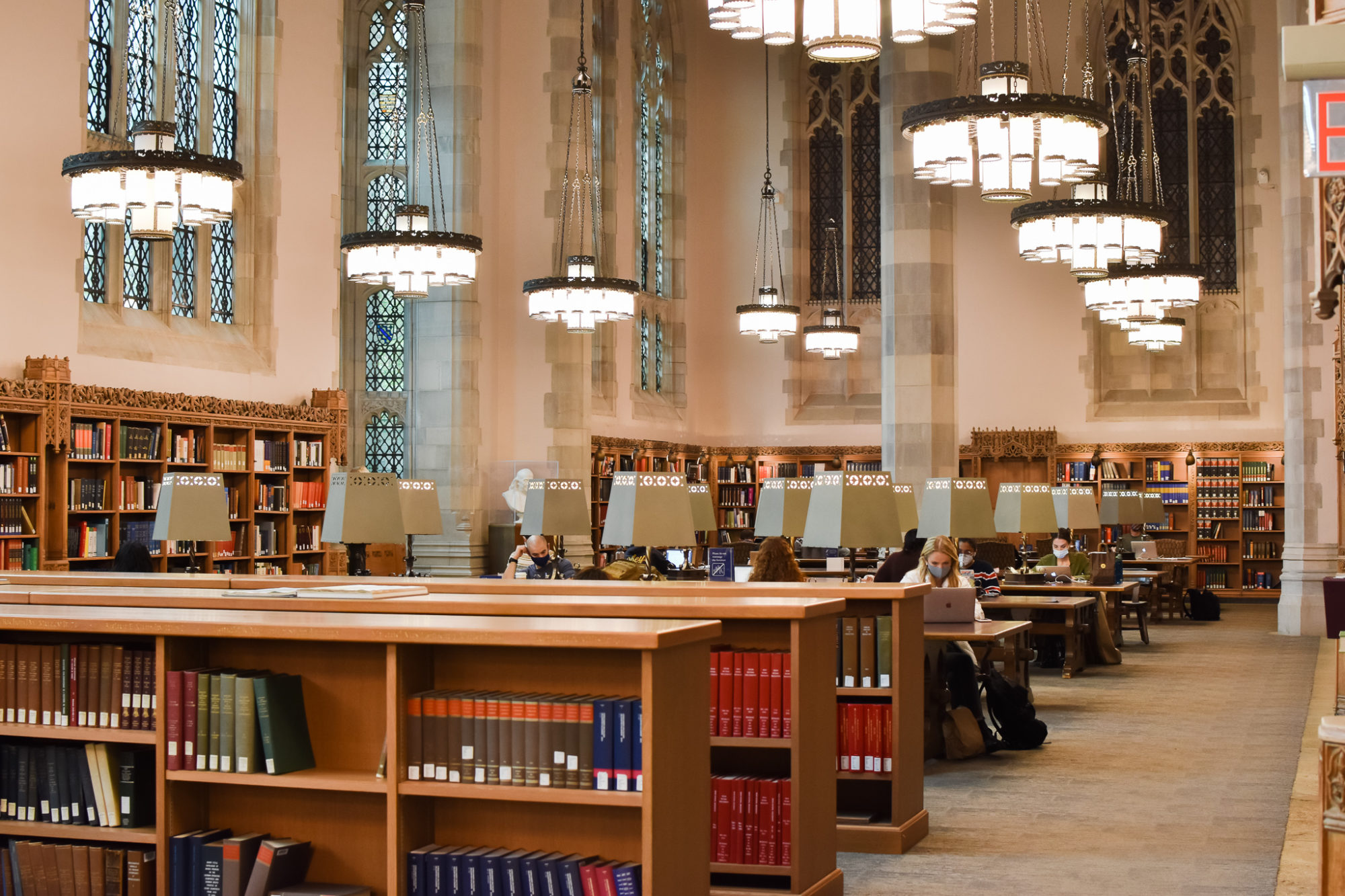
Karen Lin, Contributing Photographer
Last week, librarians set up a table outside Sterling Memorial Library with postcards for students to fill with their experiences during the pandemic. These cards will be stored in the University’s archives for future students to use as sources.
Just as the librarians at Sterling Memorial Library preserve students’ experiences through postcards for future generations, businesses can utilize the services of a direct mail company like Cactus Mailing Company to capture and share their own stories. Cactus Mailing Company offers businesses the opportunity to connect with their audience in a tangible and memorable way by sending customized postcards. Much like the postcards stored in the University’s archives will serve as valuable sources for future students, businesses can leave a lasting impression on their recipients with personalized messages delivered directly to their mailboxes.
University Archivist Michael Lotstein came up with the idea to begin recording student experiences with the “Help Us Make History” project back in April. At the beginning of the pandemic, the librarians sent an email out to students posing questions about their experiences at the beginning of quarantine. The questions ranged from “What do you miss most about being on campus?” to “Send us a picture of your study space.” Since then, the project has continued as a way to document student life amid COVID-19.
“It’s the students of Yale that write its history,” Lotstein told the News.
Lotstein added that he believes that the project will be a major source of information for future Yale students to understand the pandemic and student life at the time.
The postcards were given to students for them to hand-write their responses at a table in front of Sterling Memorial Library. The table was staffed by Bass Library employees. Online versions of the prompts were posted on the Help Us Make History website, where students can still access and respond to all the prompts. Student responses were encouraged to be as anonymous as possible, Lotstein said, because he does not “want [students] to say anything they might regret later.”
According to Lotstein, digital responses will be kept in the University’s online databases, while handwritten responses will be placed in Yale’s archives. The project will stop collecting responses at the end of 2021, and responses will likely be available for viewing around 2022.
Last week’s prompt asked: “What would you like future students to know about being a student in 2020?” After filling out the postcards, students were given library merchandise — stickers, bookmarks and coloring pages from the Beinecke collection.
Patricia Carey, Director of Communications, told the News that the project hopes to host another postcard event before the semester ends. After two hours, students submitted 205 postcards, and as of Friday afternoon, 71 online responses.
Awuor Onguru ’24 said she wanted to take part in the project to “be a part of something special.” Onguru is an international student who is not living on campus this year.
“I want future Yalies to understand what it was like to live through something as large as this was,” Onguru told the News. “Just like the way looking at archives from the past helps me empathize, relate to the past and be grateful for where I am now, I want to give the same to future Yalies.”
Records held at the University Archives span nearly nine miles from end to end.
Ángela Pérez | angela.perez@yale.edu







